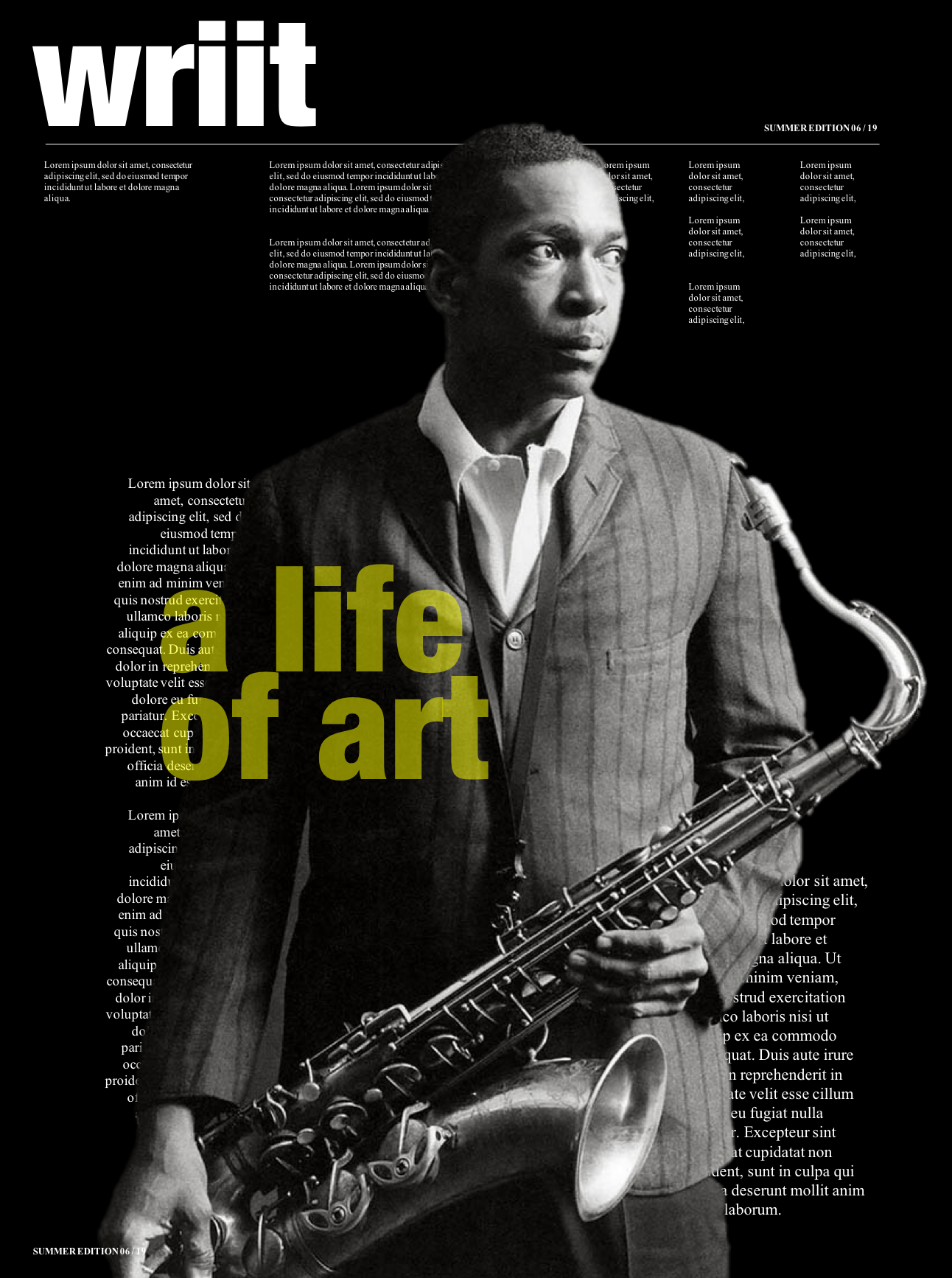You don’t need anyone to explain to you the fundamentals of job interviewing—maximize your network, scrub social media of even marginally NSFW words or images (after all, it’s the W you’re after), and don’t answer “excessive modesty” when interviewers ask, “What’s your biggest weakness?”
You’ve probably also worked up a beautifully embroidered—yet excessively modest—yarn for the inevitable, “Tell me about your roughest professional challenge and how you overcame it.”
If you really want to get competitive, you need to go a level or two deeper. Just as your résumé doesn’t say everything important about you, job postings and descriptions don’t say everything important about a job. Crammed with dry lists of “responsibilities,” job listings are often written in a hurry, or by HR people without firsthand knowledge of what the job actually means to the team looking to fill it. If you can figure out the truly important stuff between the lines, you’ll be better able to prove your value to the organization while learning vital lessons about the its culture.
And the time to suss that out is vanishingly short. It comes after the interviewer is done with their questions for you and asks if there’s anything you’d like to know before shaking hands and parting ways. Don’t let this opportunity go to waste. You’ll want to have a few key questions on standby.
What Your Questions Should Reveal
Take time before an interview to write down how you can contribute to your future team beyond just checking off all the qualifications listed in the job posting. Even if you’re off the mark, you’ll get the upper hand by framing the discussion about your potential impact on those larger objectives and distinguishing yourself as someone who thinks ahead.
Next, be aware that hiring managers and good HR pros judge you not only on the quality of your answers but also on the quality of your questions. They’ve got your résumé, and they’ll be checking references. What they don’t know is the story behind your story and what’s going on inside your head.
So when the interview, apparently winding down, comes to what sounds like a tacked-on formality—”Now, do you have any questions for me?”—the moment has arrived to separate yourself from the swarm that usually says, “Umm . . . no, I think that about covers it.” The best way to let the hiring manager into your head—while unearthing crucial truths about the organizational culture you’re seeking to join—is to ask questions that can lead to deeper conversation. Good questions are like little stones you throw against a window to find out who’s inside. Here are three.
1. Is The Org Chart Here A Flexible Suggestion Or An Iron Commandment?
It doesn’t matter what role you’re applying for. Modern organizations should be like sports teams: No matter what position you play, your primary concern is the welfare of the entire team, and at any moment you could be asked to do something other than your assigned job. The offense must always help the defense, and vice versa.
Try this: “I want to learn as much about this company and this market as I can, going beyond the job we’re talking about. Will I sometimes be asked to jump into other people’s roles or other departments? How often does the organization have an ‘all-hands-on-deck’ moment when people from every department get together and do whatever’s needed to meet a big challenge? What’s your advice on how I can make a difference here?”
2. What’s The Culture Of Achievement Like?
At the center of job satisfaction is working in a culture you love, and drawing strength from that culture every day. As the borders between life and work melt away (for better or worse), it’s essential to work in a culture that makes you happy and leaves you feeling like you’re actually advancing.
Try this: “Tell me something about the culture here, and what the organization is doing to build and strengthen that culture.” It’s a short question, but the resulting answer will hopefully be long on illumination.
3. Can I Be An “Intrapreneur” Here?
Sure, maybe it’s a silly neologism, but simply put, “intrapreneurs” are employees who exhibit the energy and innovation from inside the organization. Being an intrapreneur is the best job of all, since it combines security with the elastic freedom to excel. Organizations that support intrapreneurship help employees get better at their jobs, reach higher to do things they’ve always wanted to do, and boost their professional passion and satisfaction.
Try this: “What kind of program does the company have to encourage and support entrepreneurial behavior inside the organization? What tools and training does the company offer to empower me to contribute beyond the one role we’re talking about today?”
Finally, take a pad and pen into every interview and take notes. This is a personal obsession of mine. When I interview prospective team members who don’t take notes, I write that person off (no pun intended . . . well, maybe a little). Taking notes shows you’re listening, that you care. What will your notes reveal? If you ask the right questions, they’ll capture the all-important story behind the story in every job-seeking encounter.
Kelly Max is cofounder, president, and CEO of Haufe USA, a next-generation San Francisco-based talent management/HR company that custom-tailors combinations of consulting, software, and service-related offerings to enable clients to meet their strategic business goals.
